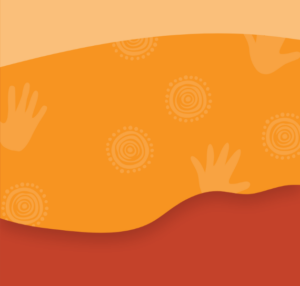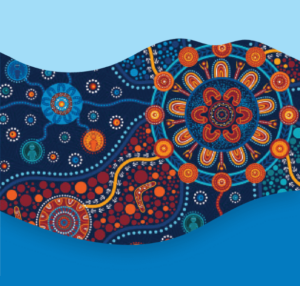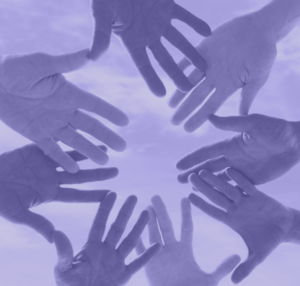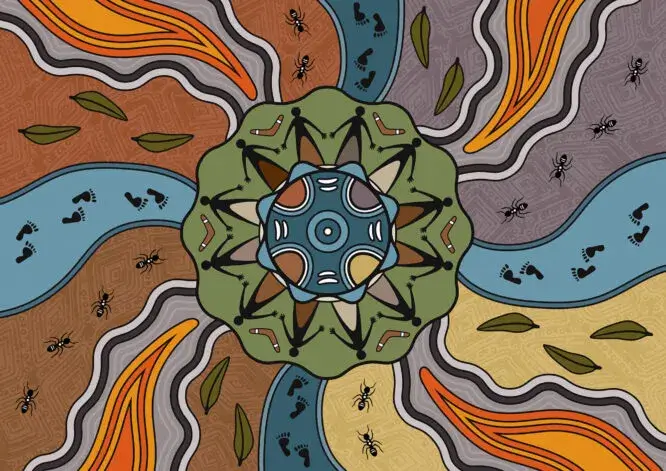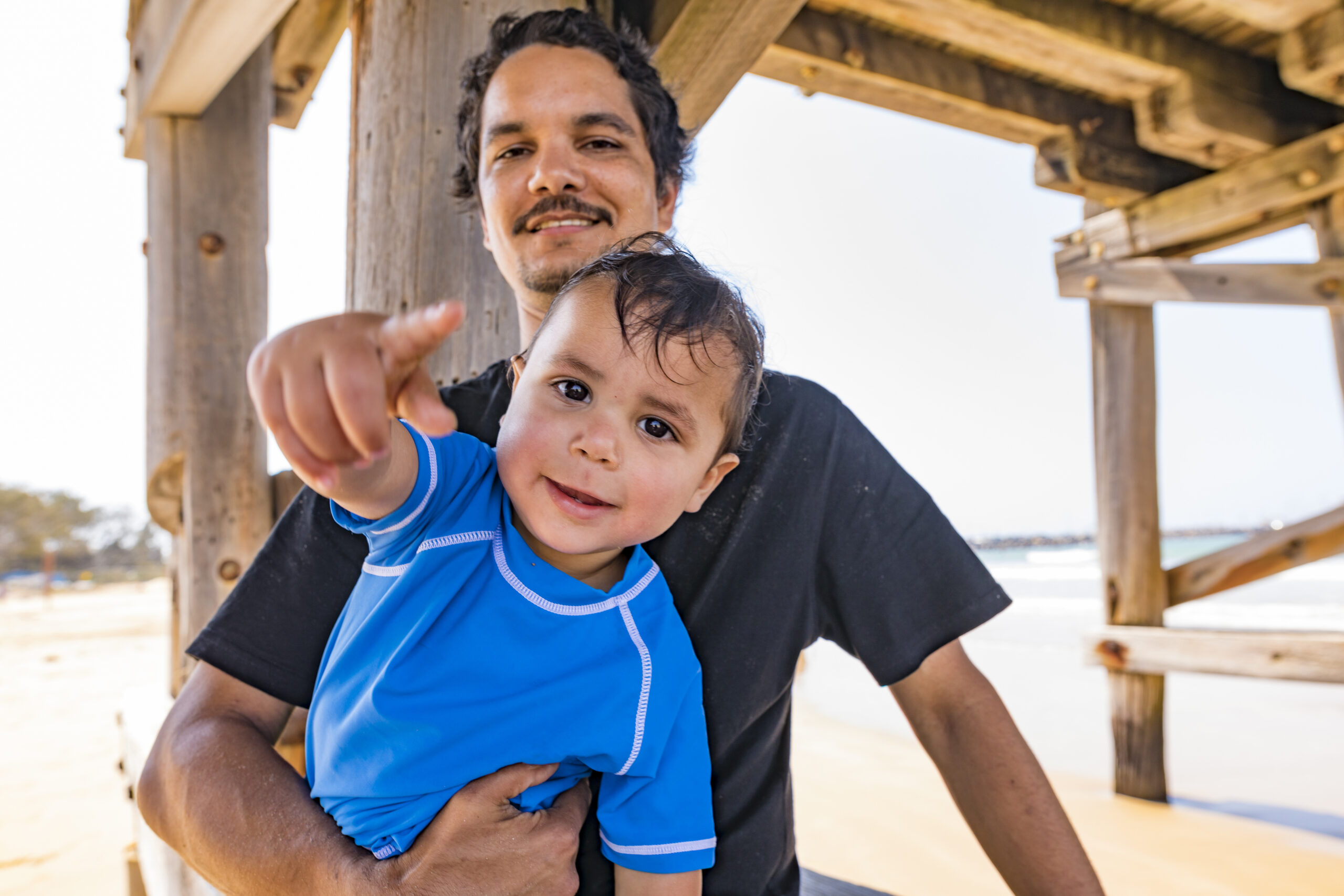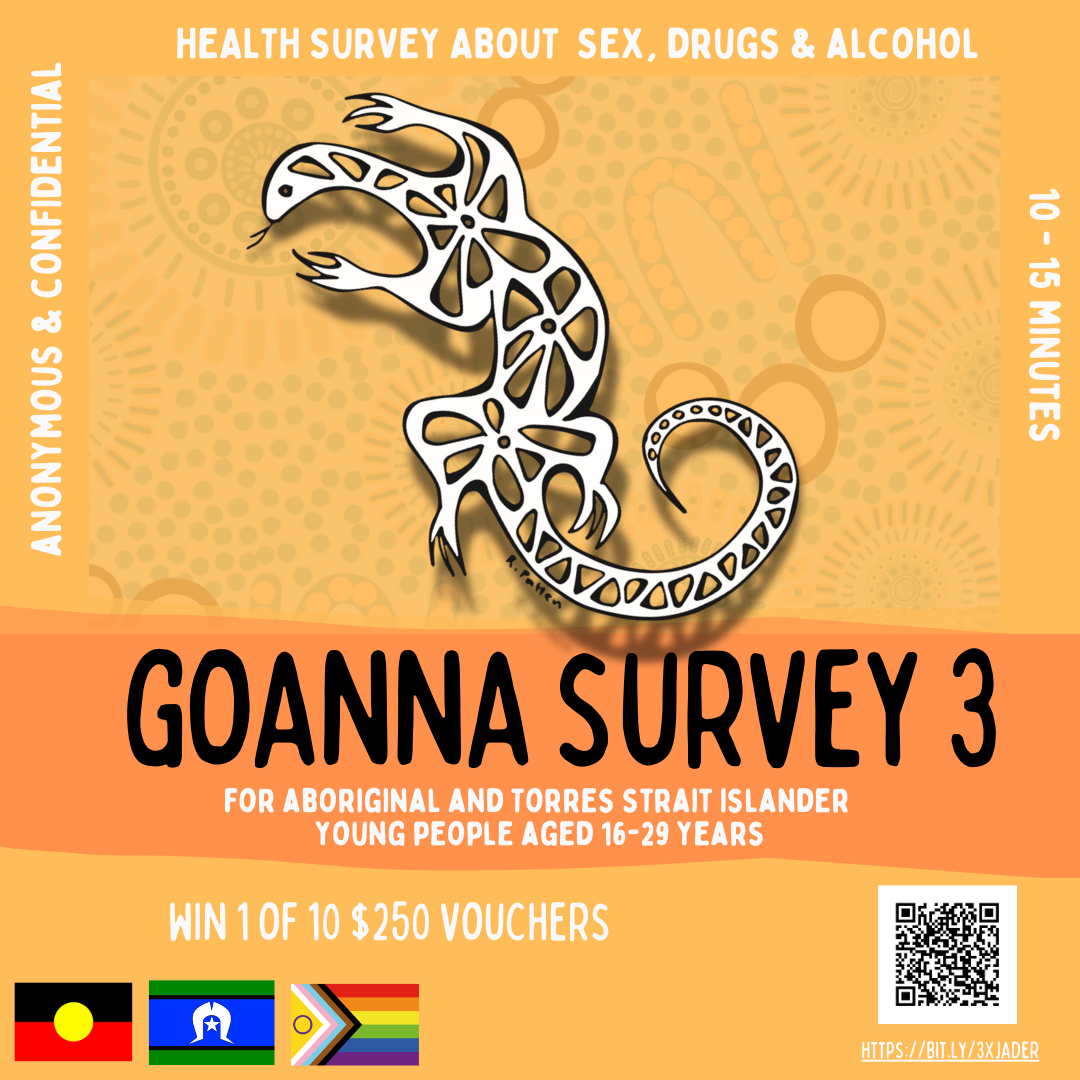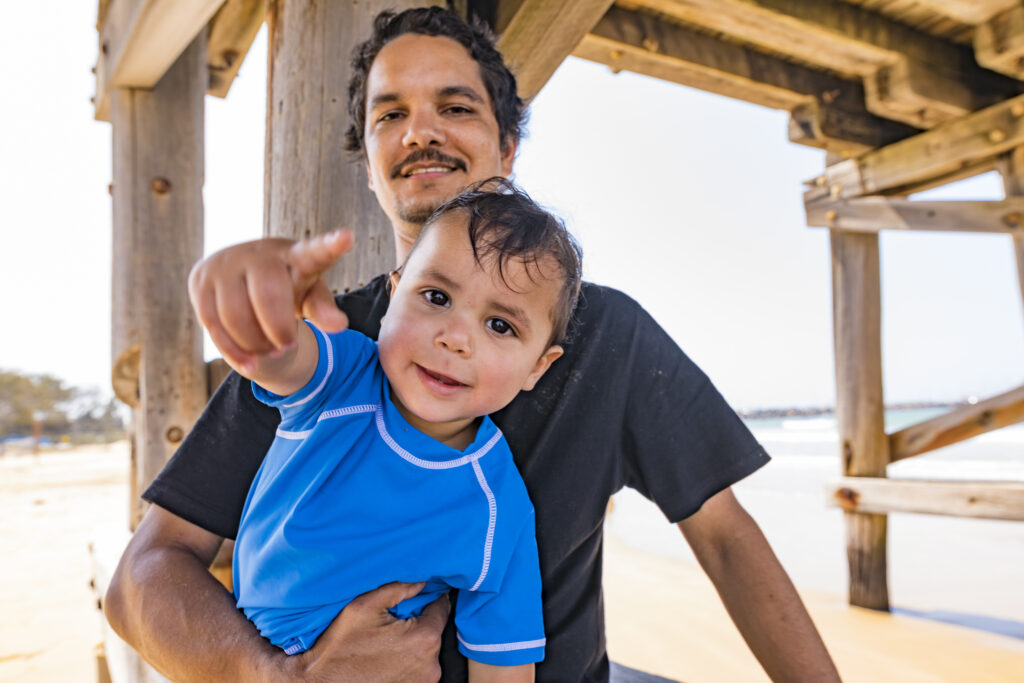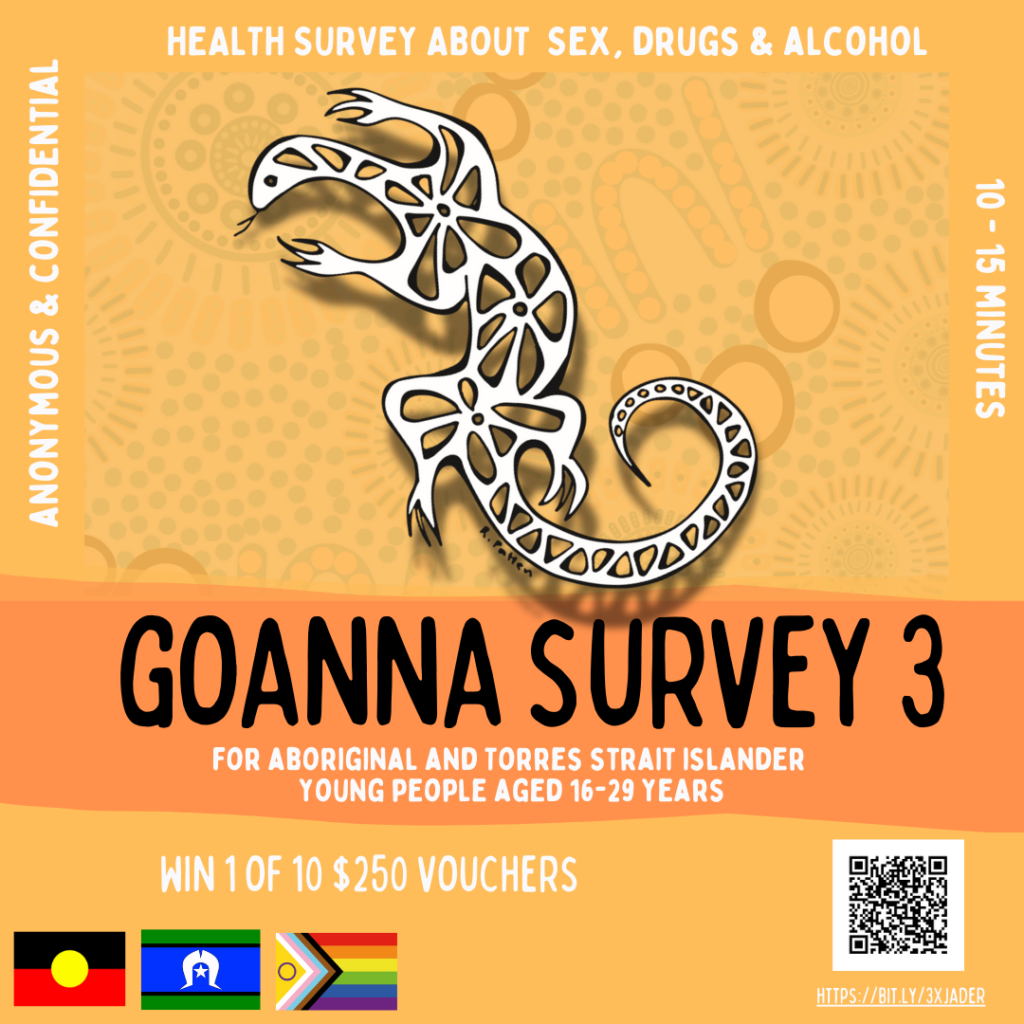The 10th of September is R U OK? Day. A day where we are encouraged to reach out to friends, family, work colleagues and ask them a simple question – R U OK? It can be hard to ask the question especially if you have not planned what to say next.
Tip 1: Have a yarn
Talk to them about why they are not ok. Try not to worry about saying or doing the wrong thing. The most important thing is showing up and listening to what they have to say without judgement. See whether you can identify why they are having a bad day. Maybe they had a fight with a friend or family member, or maybe they haven’t been feeling ok for a while. If they have experienced a low mood for a period longer than two weeks, encourage them to call their local AMS or the Mental Health Line (1800 011 411). These services can help connect them with a bulk-billed psychologist, social worker or mental health worker in their local area.
Tip 2: Connect them with other people
It’s been difficult to connect to Country during COVID-19. For some, this has created feelings of loneliness and isolation from Community. Think of other ways to help them connect to their Community and Culture in COVID era. Suggest linking the person up with an Elder or person in the Community who has experienced similar issues and can provide guidance. Encourage them to attend a support group with people experiencing similar issues. Many of these groups have moved online and are easily accessible during COVID-19. Call your local AMS to see whether they are running any support groups or SEWB programs at the moment.
Tip 3: Find out what they enjoy
While COVID-19 has had many negative effects on mental health; job loss, isolation, loneliness and anxiety; many good things have come from it as well. COVID-19 has freed up time, usually spent on socialising and activities, for people to do refocus on passion projects, or things that they enjoy. People are using this time to start a creative project e.g. cultural art or music therapy, rediscover an old hobby or start a new one. Ask them if there’s an activity or hobby they would like to start or resume. It could be something with cultural roots like traditional painting or connecting to land through time outside in nature. If they are reluctant to make a start, offer to join in so that they feel comfortable and supported while they build up their confidence.
Tip 4: Share the burden
Finally, remind them they are not alone in this. If you can, offer your support in things that they might find difficult right now like grocery shopping, cooking, cleaning etc. If you can, offer to be there as a support buddy to contact when they’re struggling. If you are feeling stretched right now or you are struggling with your own mental health, see if one of your other friends or family members can have a yarn, or lend a hand. If their issues are out of your depth, for example, traumatic events, substance abuse and depression encourage them to reach out to their local AMS for a referral to see a Social and Emotional Wellbeing Worker (SEWB), AOD Worker or Mental Health Nurse or counsellor. If your friend or family member mentions self-harm or suicidal thoughts, encourage them to call the NSW Mental Health line on 1800 011 511.
Sometimes we get so busy in our lives that we forget to check in with the people most important to us to see if they are ok. That first conversation can be difficult, but it can change a life. For more information on R U OK? Day, visit the R U OK? Day website.


